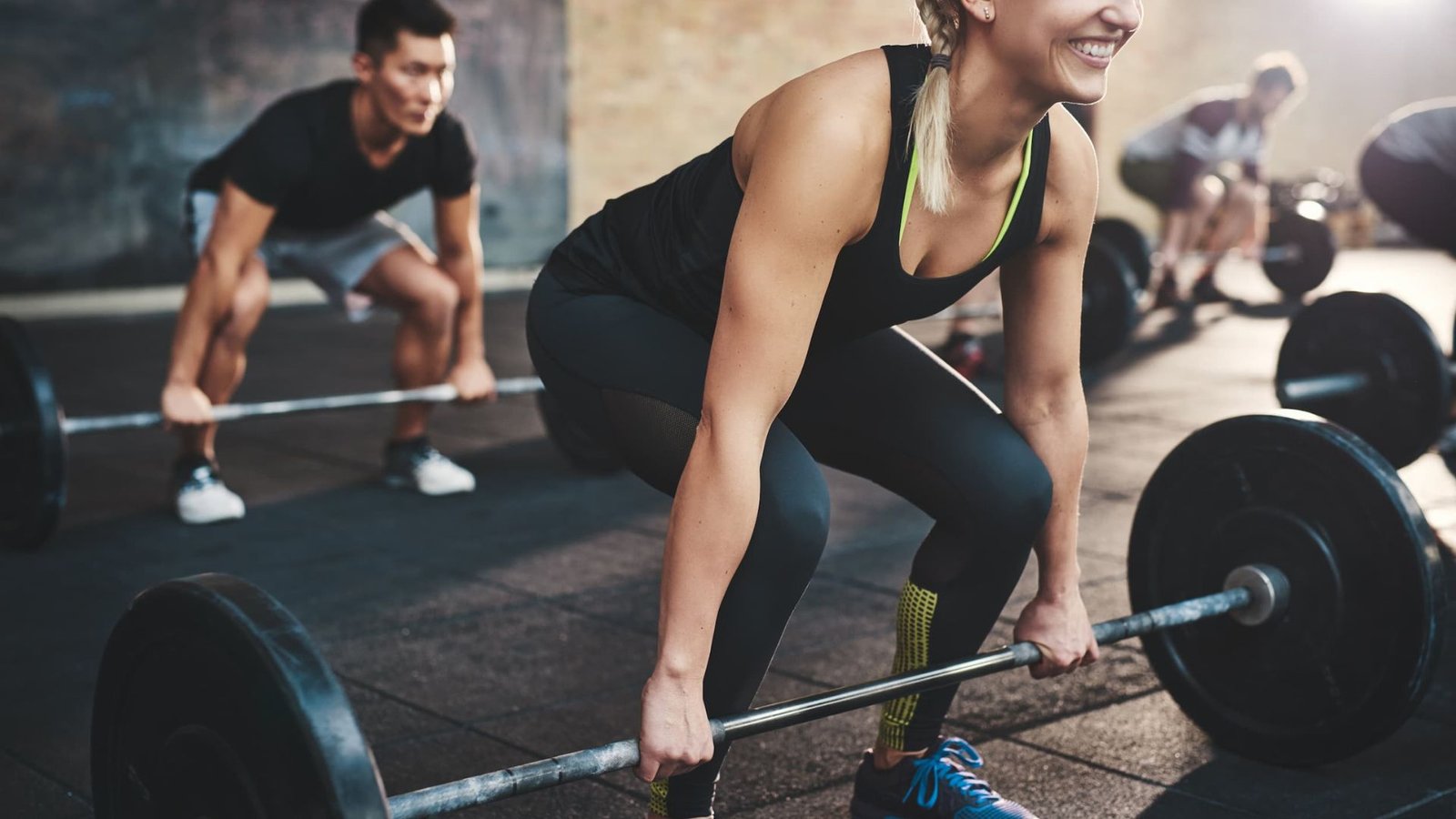Amazing Recovery Methods for Athletes
Athletes constantly push their bodies to the limit, making recovery crucial for maintaining peak performance. Effective recovery methods for athletes can enhance performance, reduce injury risk, and ensure longevity in sports. Let’s explain some of the best strategies to help athletes recover and stay at their best.
Recovery Methods for Athletes
Importance of Recovery for Athletes
Before getting into specific methods, it’s essential to understand why recovery is so important. Recovery allows muscles to repair and grow, helps replenish energy stores, and reduces the risk of injury. Ignoring recovery can lead to overtraining, fatigue, and even long-term health issues.

Hydration: The Foundation of Recovery
Proper hydration is one of the most fundamental recovery methods for athletes. After intense exercise, the body loses a significant amount of fluids through sweat. Replenishing these fluids is crucial for maintaining muscle function and preventing cramps. Drink plenty of water and consider electrolyte solutions to replace lost minerals.
Nutrition: Fuel Your Recovery
Consuming the right nutrients is vital for effective recovery. Focus on a balanced diet rich in proteins, carbohydrates, and healthy fats. Proteins help repair muscle tissue, while carbohydrates replenish glycogen stores. Incorporate foods like lean meats, fish, fruits, vegetables, and whole grains into your diet to support overall recovery.
Sleep: The Ultimate Recovery Tool
Sleep is one of the most powerful recovery methods for athletes. During deep sleep, the body repairs tissues, builds muscle and releases growth hormones. Aim for 7-9 hours of quality sleep each night. Establish a regular sleep routine, create a comfortable sleep environment, and avoid screens before bedtime to improve sleep quality.
Stretching and Flexibility Exercises
Incorporating stretching and flexibility exercises into your routine can enhance recovery. Stretching helps improve blood flow to muscles, reducing stiffness and soreness. Activities like yoga and Pilates not only improve flexibility but also promote relaxation and mental well-being.
Massage Therapy: Soothing Sore Muscles
Moreover, massage therapy is a popular recovery method for athletes. It helps reduce muscle tension, improve circulation, and promote relaxation. Regular massages can also help identify and address any muscle imbalances or tight spots, preventing potential injuries.
Cold Therapy: Ice Baths and Cryotherapy
Cold therapy, such as ice baths and cryotherapy, is effective in reducing muscle inflammation and soreness. Cold exposure constricts blood vessels, reducing swelling and numbing pain. Many athletes find that incorporating cold therapy into their recovery routine helps them bounce back faster after intense workouts.
Active Recovery: Gentle Movement
Active recovery involves engaging in low-intensity activities on rest days. Activities like walking, swimming, or light cycling help increase blood flow to muscles without causing additional strain. Active recovery aids in flushing out metabolic waste products and speeds up the healing process.
Compression Gear: Enhancing Circulation
Wearing compression gear, such as compression socks or sleeves, can aid recovery by improving circulation and reducing muscle soreness. Compression garments apply gentle pressure to muscles, helping reduce inflammation and promote faster healing.
Mental Recovery: Mindfulness and Relaxation
Furthermore, mental recovery is just as important as physical recovery. Practices like meditation, deep breathing, and mindfulness can reduce stress and improve focus. Therefore, taking time to relax and unwind can help athletes stay mentally sharp and ready for their next performance.
Conclusion
In conclusion, incorporating these recovery methods for athletes into your routine can make a significant difference in your performance and overall well-being. Remember, recovery is not just about resting but actively engaging in practices that help your body heal and grow stronger. By prioritizing hydration, nutrition, sleep, and other recovery strategies, you can ensure that you are always at your best, ready to take on new challenges and achieve your athletic goals.



